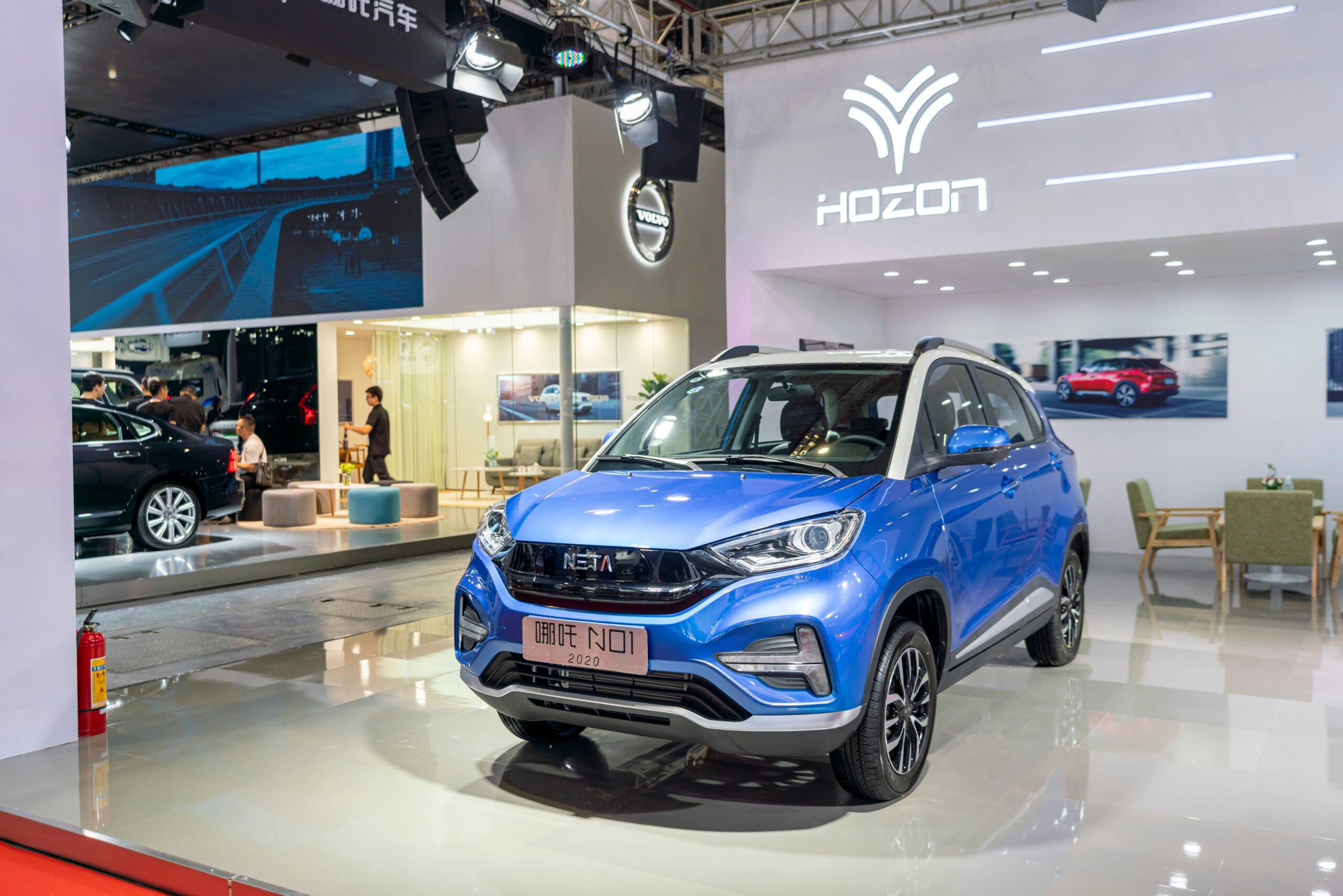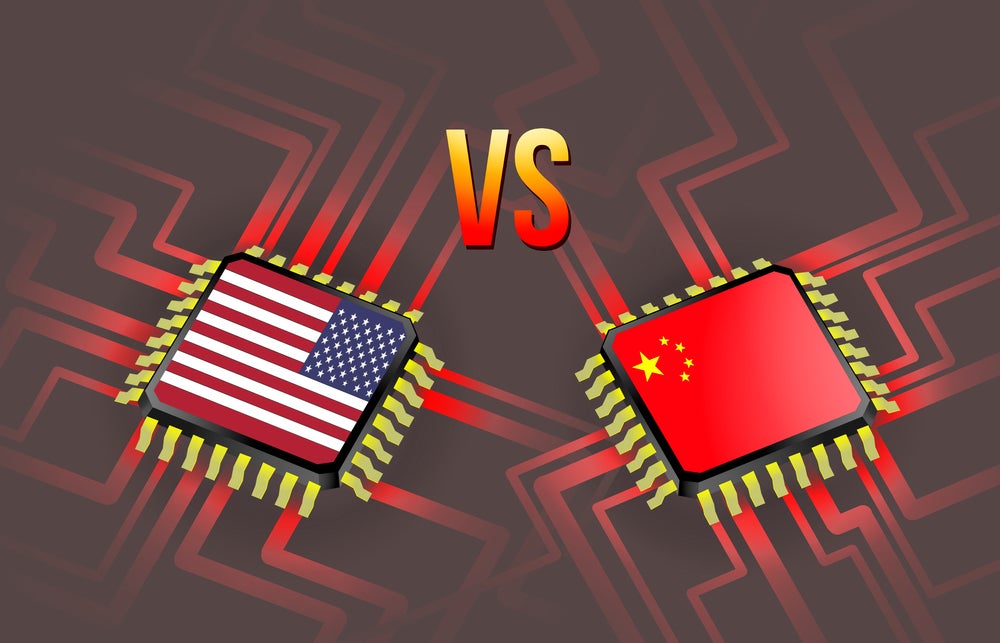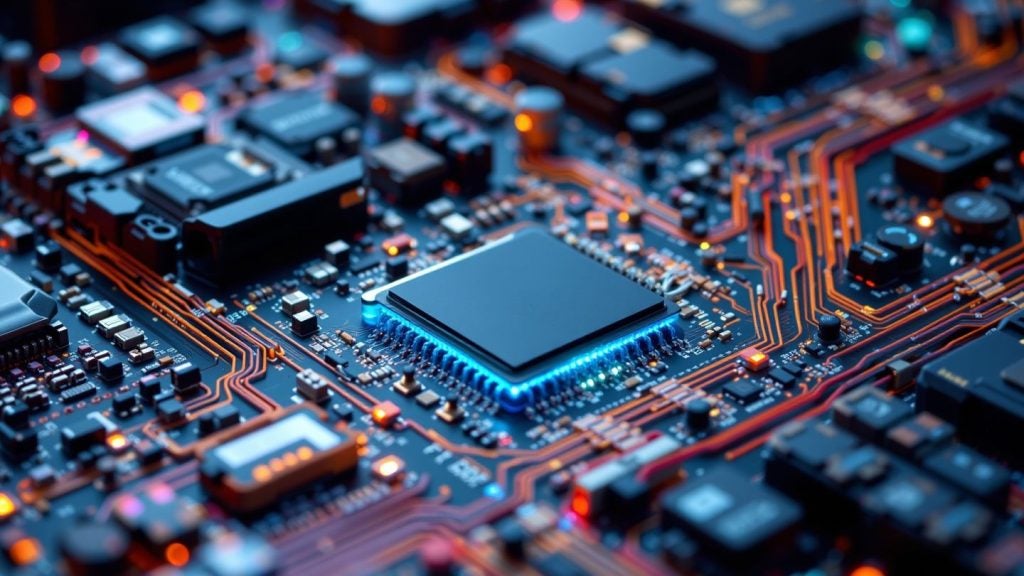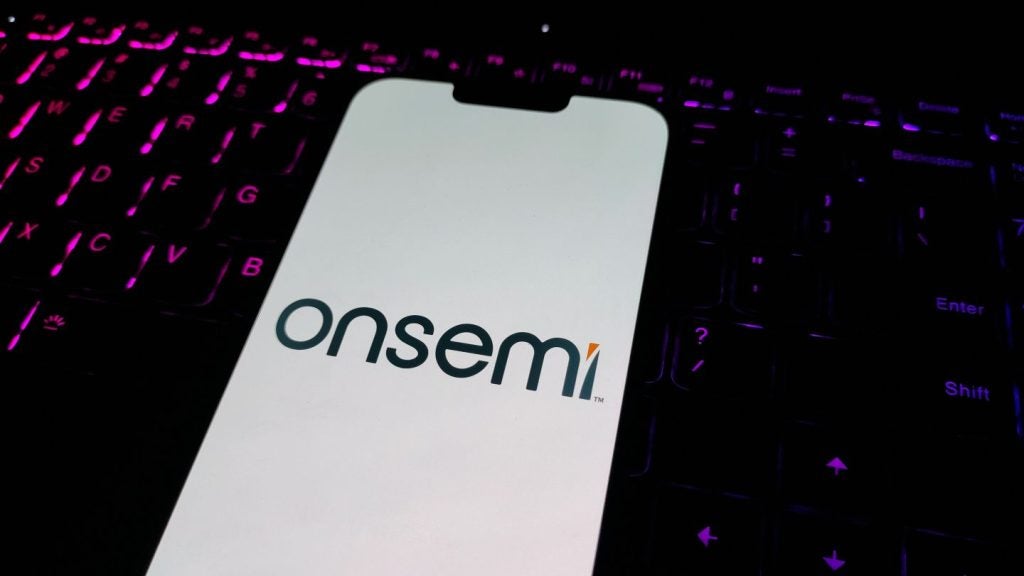
Chinese networking giant Huawei and electric vehicle (EV) manufacturer Neta, a subsidiary of Hozon Auto, have jointly announced a strategic partnership. Huawei said it would provide its expertise on the internet of things (IoT), cloud computing and big data technologies to develop the Neta S, scheduled to hit the market in 2022.
Neta’s upcoming fully electric S model will use Huawei’s MDC (mobile data centre) intelligent driving platform and Lidar technology. According to the companies’ joint statement, the extended-range version’s endurance mileage exceeds 1,100 kilometres, while the pure electric version’s endurance mileage surpasses 800 kilometres. The vehicle is said to have the ability to realise level 4 autonomous driving in certain aspects, such as autonomous parking, remote calling and automatic tracking while driving.
Under the agreement, the two companies will carry out all-around cooperation on smart connectivity, in-car computing, intelligent driving and cloud-based services.
Zhang Yong, the co-founder and CEO of Hozon, said at the signing ceremony that the company aims to “use Chinese technology to build Chinese smart cars for the world.”
Adding to that, the president of Huawei Smart Car Solution, Wang Jun, said that “Huawei will help Neta automobile build better cars for consumers and bring people a wonderful travel experience, based on intelligence, comfort and trustworthiness.”
In May, Neta Auto introduced Internet company Qihoo 360 as its second-largest shareholder. Both parties affirmed that they would explore cooperation in various areas including smart vehicles, smart cockpits, digitalisation and network security.
Hozon Auto is the fifth vehicle company in China to cooperate with Huawei. The telecommunications giant has also chosen BAIC BJEV, Changan Auto, SERES and GAC Group as strategic partners.
Huawei has repeatedly stressed that it does not make cars itself, aiming instead to focus on information and communications technology and supply components of intelligent vehicles to help car OEMs (original equipment manufacturers) build better vehicles.
Wang said in April that the firm planned to invest $1bn into the research and development of smart driving technologies this year. He added that the R&D group of Huawei’s auto business would be expanded to over 5,000 staff members in 2021, of which more than 2,000 would be assigned to the autonomous driving wing.
Coinciding with Huawei’s automobile ambitions, on Wednesday, US officials approved license applications worth hundreds of millions of dollars for the blacklisted company to buy automotive chips from US suppliers.
Huawei’s core businesses – its telecommunications equipment and smartphone units – have been severely hobbled by trade restrictions imposed by the US on the sale of chips and other essential components.
However, in recent weeks, people familiar with the matter said that the US had granted licenses authorising suppliers to sell chips to Huawei for such vehicle components as video screens and sensors, as reported by Reuters.
Auto chips are generally not considered sophisticated, lowering the bar for approval. One person close to the license approvals said the government is granting licenses for chips in vehicles that may have other components with 5G capability, according to the Reuters report.
Following bans on its core business of networking equipment in numerous countries, Huawei is now shifting its business to other sectors less susceptible to international sanctions. Besides its endeavours in the automotive industry, the company is also expanding its business in the IoT, cloud computing, artificial intelligence and virtual reality industries.
Given China’s booming EV and smart car market, numerous smartphone brands and tech companies have attempted to make the leap into the automotive industry. Apart from Huawei, Chinese brands including Xiaomi, Oppo and Vivo have also announced their ambitions to develop cars.
On Wednesday, smartphone brand Xiaomi announced that it would acquire autonomous driving technology startup Deepmotion for $77.4m.







